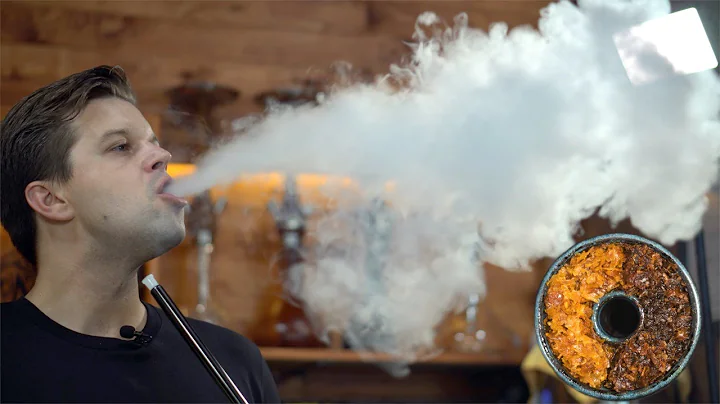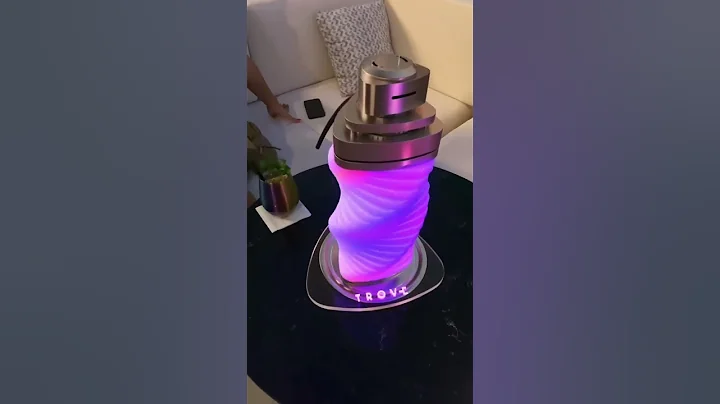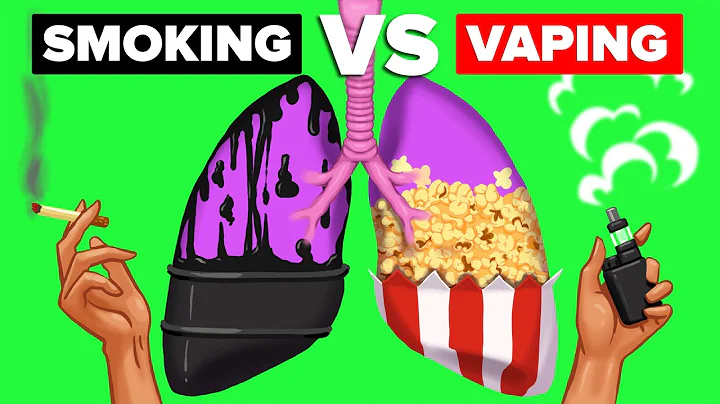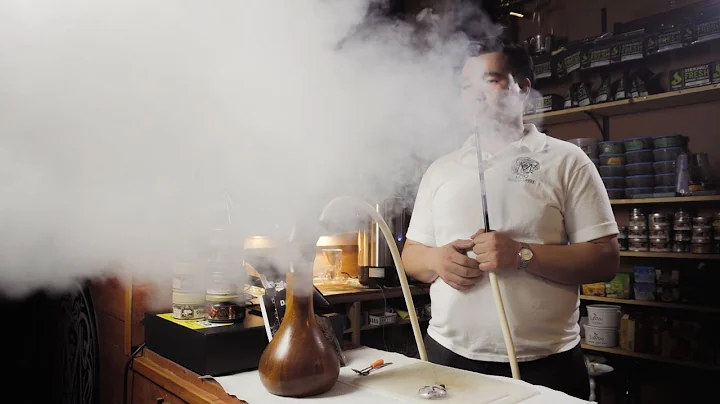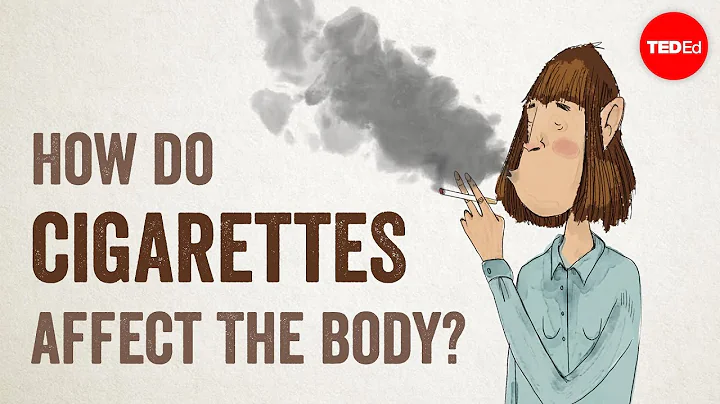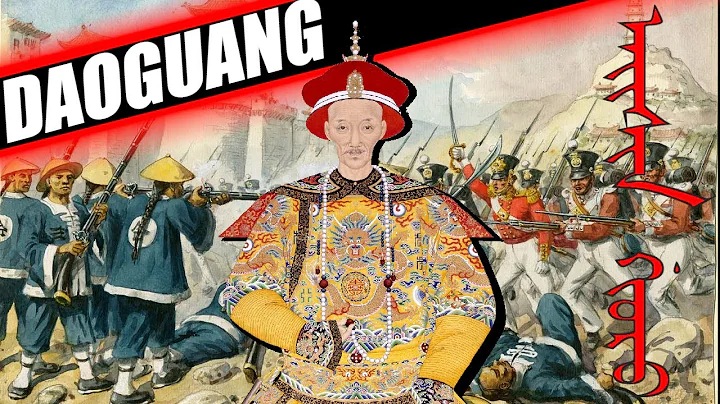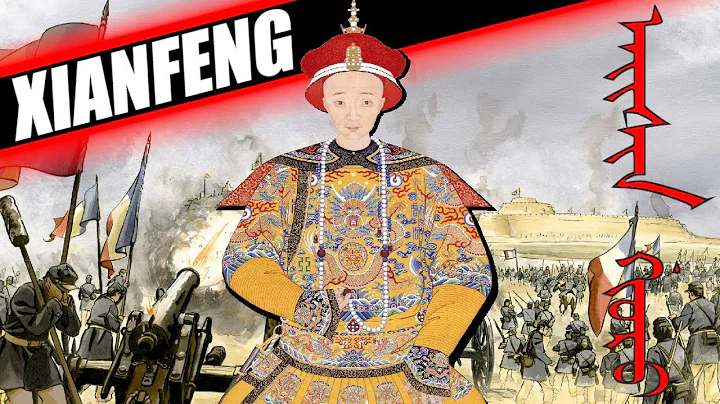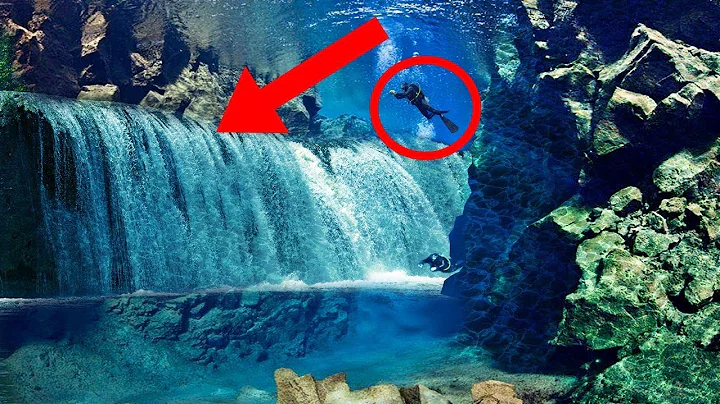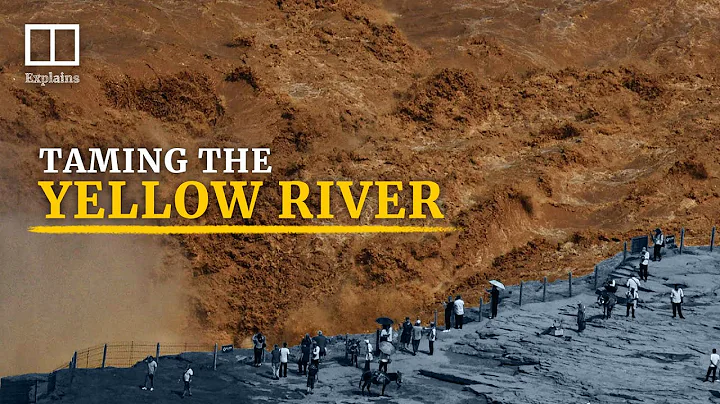
"Anecdotes from the Lanzhou Painting Circle" Chapter 5 Part 5
Director of Traditional Chinese Medicine Ke Yushen
The office of the Gansu Provincial Health Department in Changjia Lane was a hookah factory before liberation. Hookah is a specialty of Lanzhou and sells well all over the country. It was more popular before liberation. Many people liked to hold a shiny copper hookah and smoke with a slender cigarette holder.
The hookah factory in Lanzhou is called the Smoke House in the old saying. There are several tobacco shops in Lanzhou, all of which are large in scale. The one occupied by the Health Department has a large building, with two roads on the left and right. On one side is a tobacco factory, with a wide courtyard and green brick paving, which is used to dry tobacco leaves. , it was converted into an auditorium and dormitories. The other side is the management and business premises, with two courtyards at the front and back. The office mainly works in these two courtyards. The front yard is the offices of various departments of the agency. The left and right bungalows in the backyard are the offices of the deputy directors. The main building is a two-story building, and the director works on the second floor.

There is a room downstairs that is my painting studio. My job is quite special. I don’t interact much with the busy government staff. I spend most of my time in my room painting propaganda posters. In an office in the backyard wing, there is a deputy director in charge of traditional Chinese medicine, Ke Yushen. His ancestral home is Yunxi County, Hubei Province, and he was born in Ningxian County, Gansu Province. His parents died when he was young and he became an orphan. His family was poor. But he was smart and studious. When he was not chopping firewood, he eavesdropped on his studies outside the private school in the mountain village. He was allowed to attend school for free and became the best among the students. At the age of seventeen, he was admitted to Gansu No. 1 Normal University. He was excellent in both character and study and stayed in the school to teach. School Principals. His beloved wife fell ill and died young at the age of 23. Ke and Shen were devastated when their close relatives died of illness one after another. Abandoning literature and medicine, he determined to relieve the suffering of people all over the world. He went to Nanjing, Peking , and Shanghai to visit famous doctors to learn Chinese medicine. At the age of 25, he began to practice medicine independently in Lanzhou. During the Republic of China, he served as director of the National Medical Center and director of the Central Medical Center.

He was a devout believer in Buddhism and used to hang pots to help the world. Before liberation, when he was receiving medical treatment at the time-honored traditional Chinese medicine brand "Antai Tang" in Lanzhou, a wooden tray was placed on the pulse diagnosis table. One of his self-encouragement poems, "If you don't do business, you won't plow the fields, and your wife will cry for food and clothing. The prescriptions for life-extending medicine are sold at a low price, and I guess it's not a shameless money." It reflects his simple attitude towards life and noble medical ethics. After liberation, he was appointed deputy director in charge of traditional Chinese medicine. He has a profound foundation in Chinese studies and loves to write and write. Although he is more than 20 years older than me, he and I have similar interests and have many things in common. There isn't much in the way of Chinese medicine in the office. He often comes to my office to watch me draw, and chats with me about calligraphy and painting allusions to pass the boring time.

We never talk about politics, only people and things that are of educational significance and related to culture. I remember he once told a story. In ancient times, there was a scholar who read many books and experienced many things. He saw through the world of mortals and abandoned his family and career and was determined to worship Buddha. However, he could not part with his beloved inkstone. When he left home, he dug an inkstone in the wall. The inkstone is hidden in the cave. After entering Buddhism, in addition to meditating and reciting sutras, I would sit in meditation on weekdays. During sitting meditation, my mind would always wander and I could not enter tranquility. Month after month, year after year, no progress. Once, in the silence, I suddenly thought of the square inkstone. I immediately got up and returned home. I didn't recognize my relatives and was like a stranger. I dug out the inkstone and smashed it to pieces with all my strength. Then I turned around and walked away. After returning to the temple, After cultivating the right fruit, you will attain nirvana without any residue. " At this point, he stood up and raised his hands above his head as if to throw a heavy blow. The image was very vivid. I asked him, "What does desireless nirvana mean? He said, "Desire is not desire, but the remainder." There are two kinds of Nirvana: 'with more than anything' and 'with nothing more than'. There is no remnant and there is no life or death. "

Mr. Ke has known Deng Baoshan, the governor of Gansu Province for a long time, and the two have a close relationship. According to him, Deng Baoshan is from Tianshui and worked as a caretaker in a tobacco shop in Lanzhou when he was young. To make hookah, the tobacco leaves are first dried. After moistening with clear oil, use boulders to press the tobacco leaves into large pieces and grind them into shreds, then press them into blocks and cut into small pieces for packaging and sale. Most of the workers in the tobacco workshop are female workers, who are responsible for smoothing the tobacco leaves, extracting the veins and placing the leaves in the courtyard. Dry in medium.Deng Baoshan hung a big key around her neck that kept the general from dismounting. Every morning, she opened the door to let the female workers into the factory to work, and after finishing work in the evening, she opened the door to let the female workers go home from get off work. Once he accidentally broke an ancient porcelain vase while doing chores. When the owner of the tobacco factory scolded him, he slapped him in the face. Deng Baoshan ran away from the tobacco room and became a soldier. Later he went to Xinjiang. That year Deng Baoshan At the age of 15, he began his military career. He experienced hundreds of battles and became an effective general under Fu Zuoyi. He was stationed in Gansu before liberation.

Ke and Shen said that although Deng Baoshan was born in the military, she has a strong interest in traditional calligraphy and painting, and also attaches great importance to culture and education. He is eager to learn and think well, chooses what is good, and has made many close friends with senior intellectuals. Especially after liberation, when he was the governor of Gansu, he had many opportunities to visit Beijing. Rongbaozhai in Liulichang and Qi Baishi's house in Kuache Hutong were the places he must visit after official duties, and he also interacted with them. The old man Baishi established a profound friendship. Deng's collection of famous calligraphy and paintings is especially focused on Baishi's fine works. He often asked Ke and Shen to appreciate and appraise his collections. Ke and Shen had seen several fine paintings by Qi Baishi collected by Deng. According to Mr. Ke, Deng Baoshan gave Qi Baishi the original rubbing of "Huanglong Stele" from Gansu Province as a gift. Qi Baishi was very happy and gave him paintings in return. The old man Baishi also carved a large seal for Deng Zhuan, which read, "People live long."
I have seen the "Huanglong Monument" mentioned by Ke Yushen before. I was only sixteen years old at that time. After I recovered from my leg disease, when I was working as a laborer in a quilt factory, there was an old man with a white beard from Xi'an who set up a stall in the doorway of the quilt factory and bought old calligraphy stickers and rubbings of stone tablets. He has two rubbings of the "Huanglong Monument". He lives in the backyard of the Keslin Restaurant. He took me to his house to see them. It is different from other monuments in that it is square. The paper is very large and is over one meter square. I suspected that there were seams in the paper, but when I looked closely, there were no seams. On the right side of the rubbing are engraved single-line white drawings: dragon, deer, and two small trees, with two branches growing together naturally.

Mr. Ke explained that it was ‘Lian Lizhi’. He had done in-depth research on the "Huanglong Stele" and explained to me that the stele was carved on a narrow cliff in Tianjing Mountain, Cheng County, Wudu District, Gansu Province, and it was not easy to cut it down. Engraved during the Jianning period of the Eastern Han Dynasty, it is one of the three famous calligraphy poems of the Han Dynasty, "Ode to the West", commonly known as the "Huanglong Stele". It is an authentic work of the Han Dynasty and records the achievements of Li Xi, the governor of Wudu. The treasures of ancient cliff stone carvings, with their simple and natural fonts, powerful writing and beautiful structures, enjoy a high reputation in the calligraphy and history circles at home and abroad. The pattern engraved on it is called the "Five Auspicious Pictures" (full name is "The Five Auspicious Pictures of Yichi"). There are (yellow) dragons, (white) deers, wood links, Jiahe, and nectar (should be the recipients of the dew), which represent good luck. .

Before, I saw the printed copybook of "Ode to the West". There was no "Five Rui Pictures" on it because I didn't know calligraphy, let alone appreciate it. After listening to Mr. Ke's detailed introduction, I looked at it again, and gradually I could see some clues. The structure of this stele's glyphs is rigorous and natural, the writing is flexible, the changes are varied, and it is thought-provoking.
Afterwards, I asked colleagues who had been to Chengxian County about the "Huanglong Monument" and learned that after liberation, the government attached great importance to it and protected it to prevent damage from human expansion and natural weathering. There are two locks on the door, one in Longnan area and one in Chengxian County. It can only be opened with the consent of both parties.

In the 1980s, the provincial government was planning to build a memorial hall for Deng Baoshan’s former residence at the former site of Deng’s garden. Zhai Guangwei participated in the display design. After the work, he took me to visit the garden and interviewed Deng’s old secretary. I learned something about the relationship between Deng Baoshan and Qi Baishi. When he was in Beijing, Deng sometimes drove the old man to a small restaurant called "Quyuan" owned by a Hunanese near in Xidan for dinner. This was a restaurant that Mr. Baishi liked to go to. Speaking of this restaurant, there is also a history. After liberation, Premier Zhou Enlai once worked for Qi Baishi, to the effect that artists in New China should serve the people and be supported by the state and no longer need to sell paintings. For this reason, this restaurant was specially arranged to deliver two meals to Shiraishi's family every day.Talking about the Baishi paintings collected by Deng Baoshan, the secretary said there were two sources. Most of them were purchased directly from Mr. Baishi, and some were bought from Mr. Baishi’s son. Deng Baoshan was very hospitable and often entertained literary friends at banquets in the Deng family garden. Deng Baoshan has a close relationship with General Fu Zuoyi, and their families often communicate with each other. Fu Zuoyi's mother stayed in Lanzhou during the Anti-Japanese War and was taken care of by Deng. After Fu's mother died in Lanzhou, she was buried at the Guandi Temple on Jingning Road. The funeral was grand and caused a sensation in Lanzhou.

I often saw Ke Yu Shen at the flea market in Dongchenghao when I was a student. After getting to know him, I asked him about his collection of paintings and calligraphy. He said he had none. He couldn't afford the good ones and couldn't stand the bad ones. . He mainly collects rare books on literature and history, medical books, copybooks, inscriptions and rubbings, as well as some seals by famous artists.
His family lives in a separate courtyard in , Minjiaqiao, . The courtyard has two floors. The second floor is full of books, with nearly 10,000 volumes. Some friends in society came to see Mr. Ke for medical treatment and asked me to help them. Since it was not convenient at work, I often took them to his home on weekends. His house has a large yard with a small garden. He usually lives on the first floor of the library, while the other family members live in a bungalow in the yard. Sometimes we go early and meet him having breakfast, and we wait for him to be seen. He has a habit. After breakfast every day, he will read Gansu Daily . After reading the newspaper, he will spread the newspaper on the table, write carefully on it and practice calligraphy. Occasionally, he will draw landscape paintings, and then do other things after writing. , like this every day, unshakable. He has a deep study of calligraphy, and his handwriting of Ou is vigorous and powerful. After the hygiene promotion comic strip "Hygiene Grandma" I created was completed, I went to his office and asked him to inscribe the title. The four words "Li Gong's Painting Biography" were also written by him.

Mr. Ke Yushen has a good reputation in the health system. As long as he practices medicine and pays little attention to politics, he has not been affected by many campaigns. But he failed to get through the Cultural Revolution. At a document study conference, when he was giving a speech, he got distracted and mistakenly referred to bourgeois as proletariat. Being entangled by the rebels, the originally calm and drizzling venue suddenly changed into a meeting of criticism against Ke and Shen. "Down with the bad element Ke Yucan! Long live the proletariat!" slogans kept coming one after another. Mr. Ke, who usually had a pleasant face, fainted when he passed by this formation. I was sick in bed for three days before I finally got up. His younger son Ke Sucheng pushed his father back and forth on his bicycle every day and participated in criticism meetings. Red Guards from the School of Traditional Chinese Medicine went to the Health Department to put up big-character posters. After seeing the big-character poster criticizing Ke Yushen, he ransacked his home overnight. A truckload of his book collection was taken away, and money, most of his life savings, hidden on the roof of the building and wrapped in plastic bags and buried in the garden, was confiscated. These were what Ke and Shen took the initiative to explain.
In the late period of the Cultural Revolution in 1969, I received re-education from the poor and lower-middle peasants in , Li County, . I came back to participate in a study class, and I also went to study when I met him. I saw that his white beard had grown more than half a foot in length. I felt suddenly. When I asked him the reason, he stroked his long beard and said that it was because he was worried. It had grown so long in three months. Talking about a truckload of books that was confiscated from home. He whispered to me that he had a sister in Zhengning County. He had already sensed that something was wrong and moved the two most valuable boxes of rare books to her sister's house in the countryside in advance. He dared to say this to me at that time, Mr. Ke really trusted me.
After the Cultural Revolution, Ke Yushen presided over the preparation of the Gansu College of Traditional Chinese Medicine. The old man could finally no longer be bound by the false reputation and return to his beloved traditional Chinese medicine career. He traveled around and recruited a group of famous old Chinese medicine doctors scattered in various counties in Gansu. Many of them were Chinese medicine experts who were decentralized from Beijing during the Cultural Revolution and had certain authority and popularity in the country. These people became the most important members of the college. Source of teachers.

He is ready to do a big job and use his remaining energy to revitalize the local traditional Chinese medicine medical care and education in Gansu. But during the intense preparations, he died suddenly. This made me feel very sudden. Although Ke Lao is older, he pays attention to health care, is open-minded and optimistic, and has a good body and mentality.Later, he learned from his younger son that the family had food poisoning after eating the leftover rice and scrambled eggs from the previous day. The rest of the family also felt uncomfortable with vomiting and diarrhea after eating it, but it was nothing serious. After all, Mr. Ke was old, but he lost his temper. life.
This sounds deeply regrettable. He has two sons and one daughter. His eldest son, Ke Yang, is a professor of the Chinese Department of Lanzhou University. He is a leading expert in Gansu folk literature, art and folk customs. He has done in-depth research on the ethnic minority song "Hua'er". He is Putting "Hua'er" sung in the barren and barren ravines of the northwest onto the world stage. My youngest son, Ke Sucheng, later worked at the College of Traditional Chinese Medicine with me. Ke Yushen was the principal of the private Longyou Middle School during the Republic of China, Shuizi was the school director, and Yang Yongqing was an external art teacher. Zhai Guangwei, Shui Tianzhong, and Ke Yang all attended this school. (To be continued)




